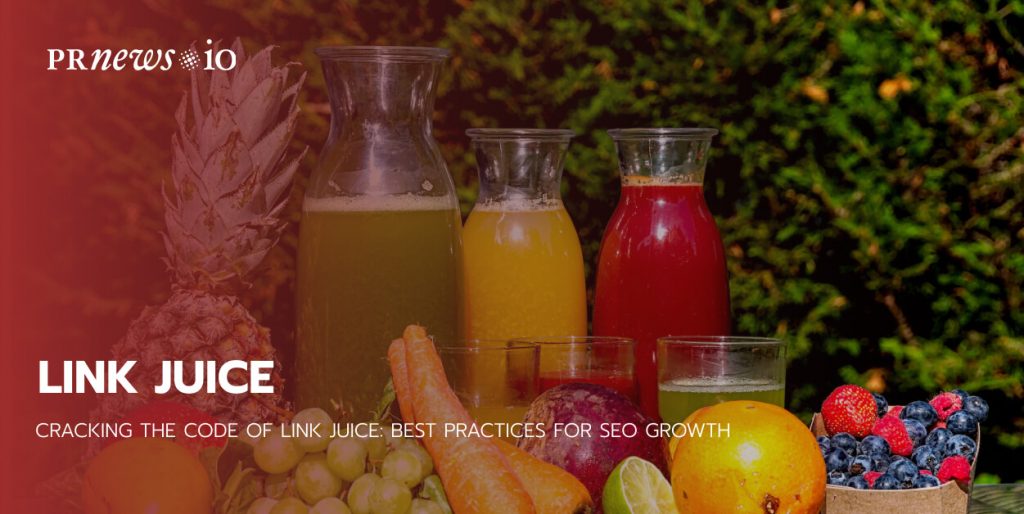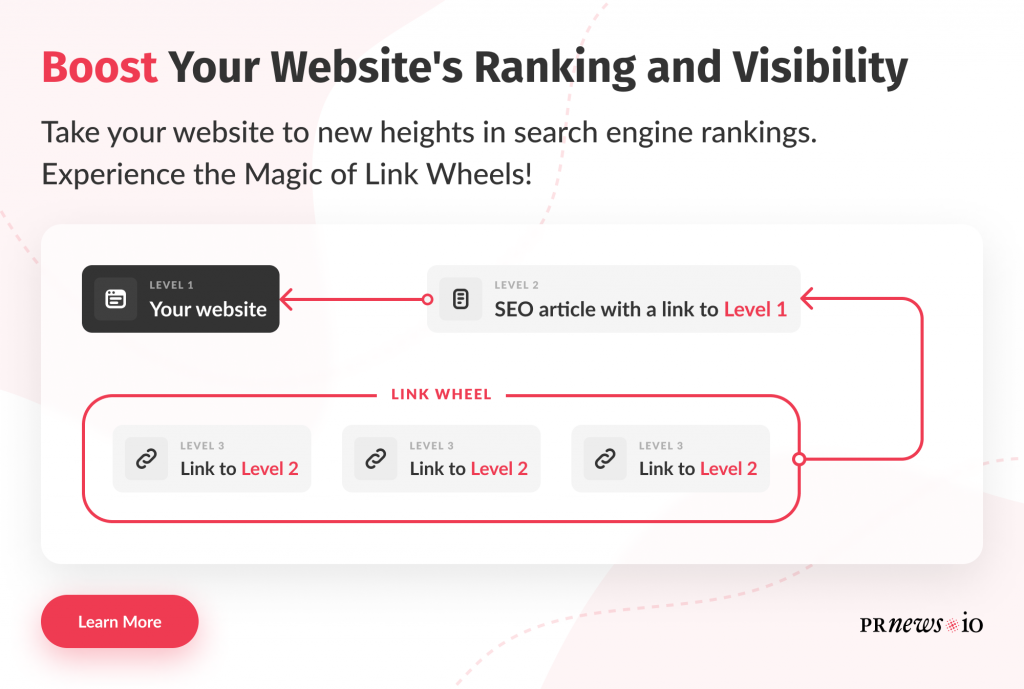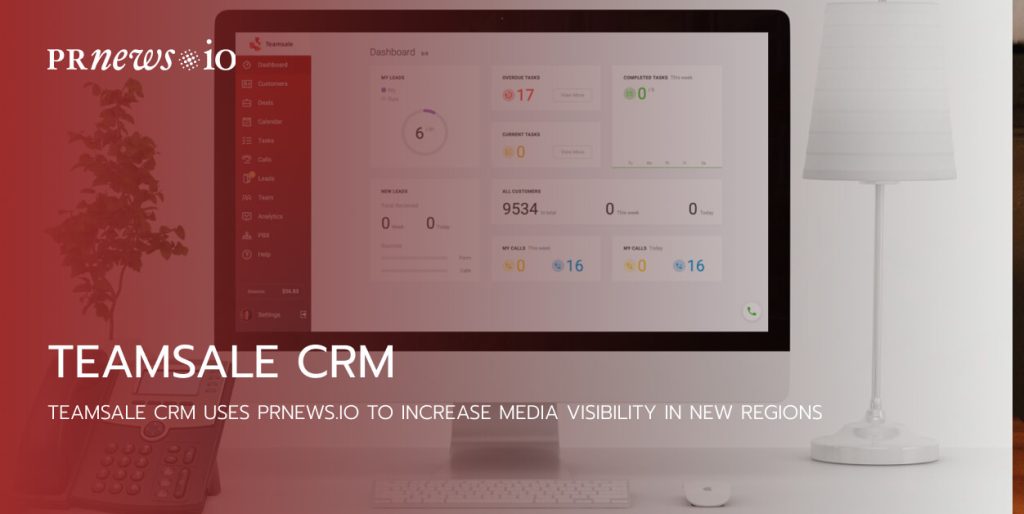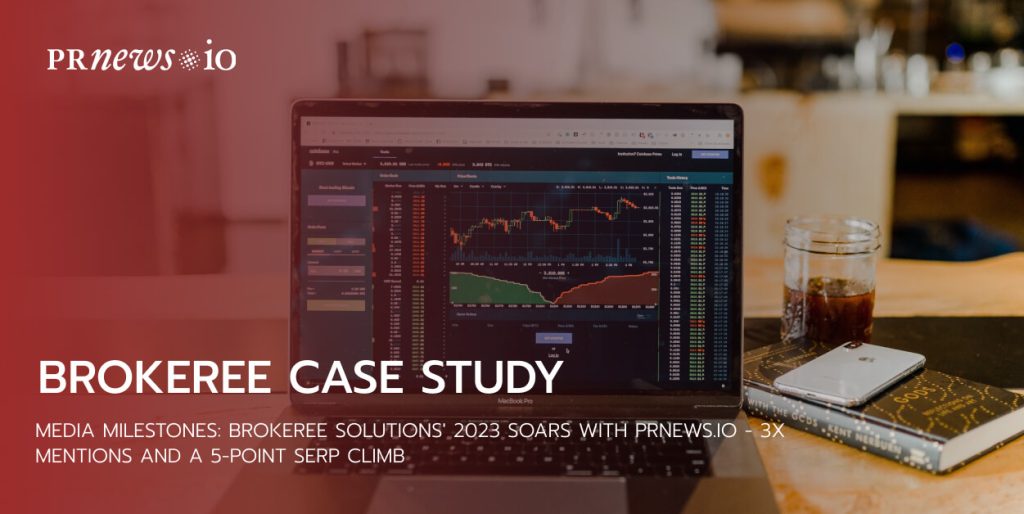
Link Juice can be defined as the authority or value transmitted from one webpage to another through hyperlinks. When a website links to another page, it not only provides a direct route for users to navigate between sites but also shares some of its own credibility and search engine ranking power with the linked page. This transfer of authority is commonly known as “link juice.”
In the realm of search engine optimization (SEO), understanding the concept of Link Juice is crucial because search engines, such as Google, utilize it to evaluate the relevance and significance of web pages. The more high-quality and relevant backlinks a webpage receives, the more link juice it gathers, positively influencing its search engine rankings and organic traffic.
Link Juice is a vital aspect of SEO, as it determines how a webpage’s authority is distributed and shared across the web. Acquiring high-quality backlinks from authoritative and relevant sources can significantly enhance a website’s link juice, ultimately leading to improved search engine rankings and increased organic traffic. Conversely, low-quality or spammy links can negatively impact a site’s link juice and its overall online visibility. As such, webmasters and SEO practitioners must focus on building a strong link profile that attracts valuable link juice from trusted sources.
How Link Juice Works
Link Juice operates on the principle of authority transfer through hyperlinks. When one webpage links to another, it passes a portion of its credibility and ranking power to the linked page. This transfer of authority is what we commonly refer to as “link juice.”
Credibility Transfer
When a reputable and high-authority website links to another site, it is essentially vouching for the content and relevance of that linked page. Search engines view this as a vote of confidence, considering the linking site as a trusted source. As a result, the linked page gains credibility and is perceived as more valuable in the eyes of search engines.
PageRank Algorithm
Google’s PageRank algorithm, though not the only ranking factor, plays a significant role in evaluating link juice. The algorithm assigns a numerical value to each webpage, determining its importance and authority based on the quantity and quality of incoming links. Pages with higher PageRank scores are more likely to pass substantial link juice when they link to other pages.
Link Relevance
The relevance of the linking and linked pages also affects the flow of link juice. When the content of the two pages is closely related and complementary, the link is considered more valuable. For example, a fitness blog linking to a reputable nutrition website in an article about healthy eating will carry more link juice compared to an unrelated link.
Dofollow vs. Nofollow Links
Dofollow links are the primary means of passing link juice, as search engines follow them and consider them in their ranking algorithms. On the other hand, nofollow links include a special HTML attribute that instructs search engines not to pass link juice. While nofollow links don’t directly impact search rankings, they can still drive traffic and enhance the overall link profile of a website.
Link Position
The position of the link on the page can also influence the flow of link juice. Links placed prominently within the content are generally given more weight than links in footers, sidebars, or navigation menus.

Factors Influencing Link Juice
It is crucial to comprehend the elements that impact link juice to create a successful SEO plan. Website administrators and SEO experts should give importance to obtaining links from reputable and pertinent sources, optimizing anchor text effectively, and taking into account the number of outbound links on the linking page.
Source Website Authority
The authority and credibility of the source website directly impact the amount of link juice passed through its outbound links. When a high-authority website links to another page, it carries more weight in the eyes of search engines. Websites with a strong reputation and domain authority are considered more trustworthy, and the links they provide are more valuable in terms of passing link juice.
Relevance of the Linked Content
The relevance of the content between the linking page and the linked page is crucial for determining the effectiveness of link juice transfer. When the content is closely related and complementary, search engines perceive the link as more valuable, and the linked page benefits from higher link juice. For example, if a fashion blog links to an online clothing store, the link is considered more relevant and impactful compared to a link from a cooking blog.
Anchor Text Optimization
The anchor text, which is the clickable text in a hyperlink, plays a significant role in link juice distribution. Using relevant and descriptive anchor text helps search engines understand the context and subject matter of the linked page. Well-optimized anchor text that includes relevant keywords can positively influence the linked page’s rankings for those specific keywords.
Number of Outbound Links on Source Page
The number of outbound links on the source page can influence the amount of link juice passed through each link. If a page has numerous outbound links, the link juice is divided among them, potentially resulting in a smaller impact on individual linked pages. Conversely, a page with fewer outbound links can pass more link juice to each of its linked destinations.
Preserving and Enhancing Link Juice
Webmasters and SEO experts can uphold a strong link profile and secure improved search engine rankings and organic traffic by diligently safeguarding and enhancing link juice through these strategies.
Monitoring Backlinks and Removing Toxic Links
Regularly monitoring the backlinks pointing to your website is essential for preserving link juice. Identify and remove any toxic or spammy links that may harm your website’s reputation and search rankings. Toxic links from low-quality or irrelevant sources can have a negative impact on your link profile and overall SEO efforts.
Handling Broken Links and Redirects
Broken links can disrupt the flow of link juice within your website. It is crucial to identify and fix broken links to ensure that link juice is effectively passed between your webpages. Implementing proper redirects for removed or relocated content helps retain the link juice from the original URLs, preventing any loss in search engine rankings.
Avoiding Link Schemes and Black Hat Practices
Engaging in link schemes or black hat practices to manipulate link juice can lead to severe penalties from search engines. It is vital to adhere to ethical SEO practices and avoid activities like buying links, link farms, and excessive link exchanges. Instead, focus on organic and natural link-building methods to attract high-quality backlinks and preserve your website’s credibility.

Common Misconceptions about Link Juice
One common misconception is that acquiring a large number of backlinks is more important than their quality. However, the emphasis should be on obtaining high-quality backlinks from authoritative and relevant sources. A few high-quality backlinks can have a more significant impact on link juice and search rankings than numerous low-quality ones.
Some people overlook the importance of internal linking within their own website. Internal links play a vital role in distributing link juice among different pages within the site, helping search engines understand the site’s structure and content hierarchy. Neglecting internal linking can hinder link juice flow and overall SEO performance.
Another misconception is that nofollow links have no value and should be ignored. While nofollow links do not directly pass link juice, they can still bring valuable traffic to the website and contribute to a diverse link profile. Ignoring nofollow links altogether can limit opportunities for increased visibility and audience reach.
In summary
Link Juice plays a vital role in establishing a website’s online authority and visibility in search engine results pages (SERPs). Website owners and SEO experts often develop strategies to obtain quality backlinks from reputable sources to enhance their website’s link juice and overall search engine performance.
Content Marketing Platform
- 100,000+ media publications;
- get backlinks to your product;
- scale work with content distribution.





